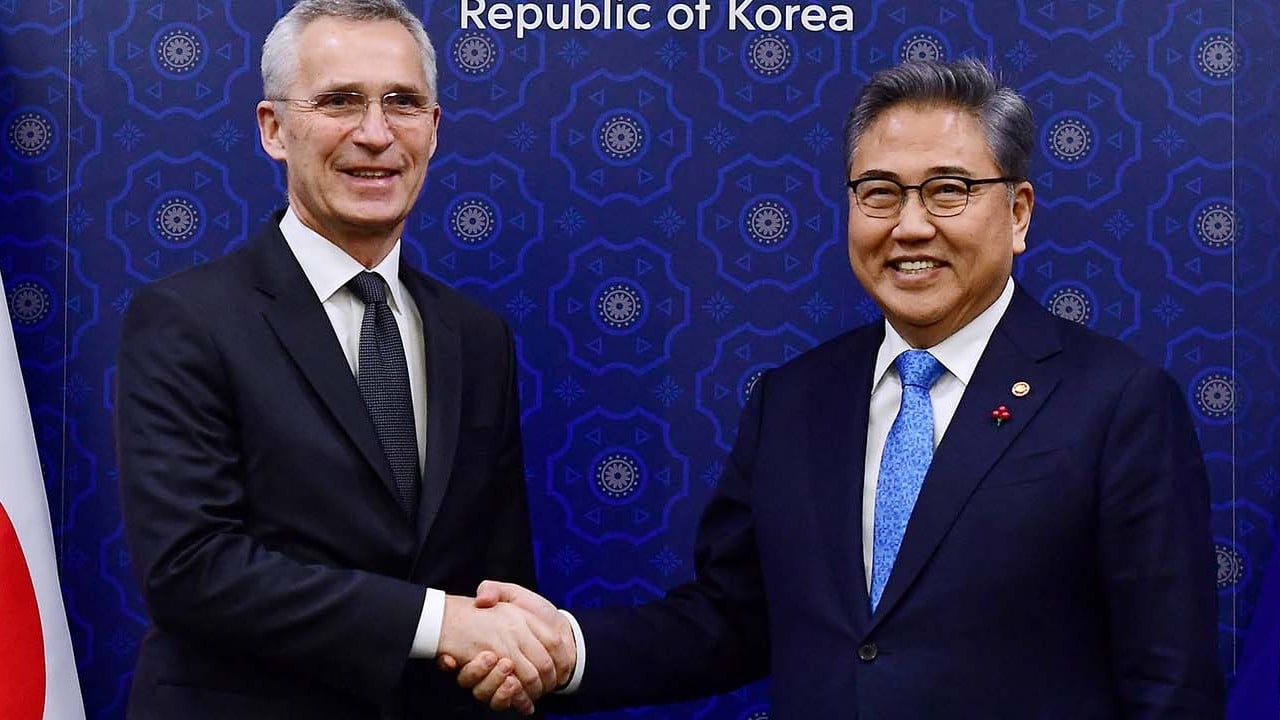Shi Yinhong, an international relations professor at Renmin University in Beijing, said the plan would be seen as another move by Tokyo and its Western allies to dwarf any military ambitions by Beijing over Taiwan.
“The liaison office could be seen as part of collusion between Japan and its Western allies and partners to deter China from [using force] against Taiwan, and giving Nato an opportunity to intervene in the event of a contingency with real action,” Shi said.
Liu Jiangyong, a Japan specialist at Tsinghua University in Beijing, said the plans for a Nato office reflected Japan’s desire for more countries to intervene in regional security issues.
“Nato is the world’s most powerful US-led military alliance and has already been involved in many major global conflicts, with the latest one happening in Ukraine,” Liu said.
“If Tokyo lets such a multilateral alliance get involved in regional security issues, it’s a strong warning to Beijing.
“Showing military might and power through multilateralism will only make the two countries’ territorial disputes and the Taiwan issue more complicated,” he said, referring to the Taiwan issue and Tokyo’s long-standing territorial disputes with Beijing over the Diaoyu Islands, known as the Senkakus in Japan.
But Cheung Mong, an associate professor with the school of international liberal studies at Tokyo’s Waseda University, played down the plan, saying it was more a symbolic move by Tokyo to ease public concerns in Japan about China following Russia’s invasion of Ukraine.
“Nato is too far away to give help in the event of anything happening in the Asia-Pacific,” Cheung said, adding that Beijing should review its diplomatic and security ties with Russia to maintain relations with its East Asian neighbours.
“Since the Ukraine war, [China’s] PLA and Russian navies have conducted joint drills near Japan and Taiwan, and it would be hard if Tokyo does nothing in response.”
He said the People’s Liberation Army warships’ transit of Tsushima Strait to the Sea of Japan in March also alarmed South Korea, spurring Seoul to mend ties with Tokyo.
“If China still hesitates to keep its distance from Russia, that will only speed up the progress of Nato’s eastward expansion in the Asia-Pacific,” Cheung said.



